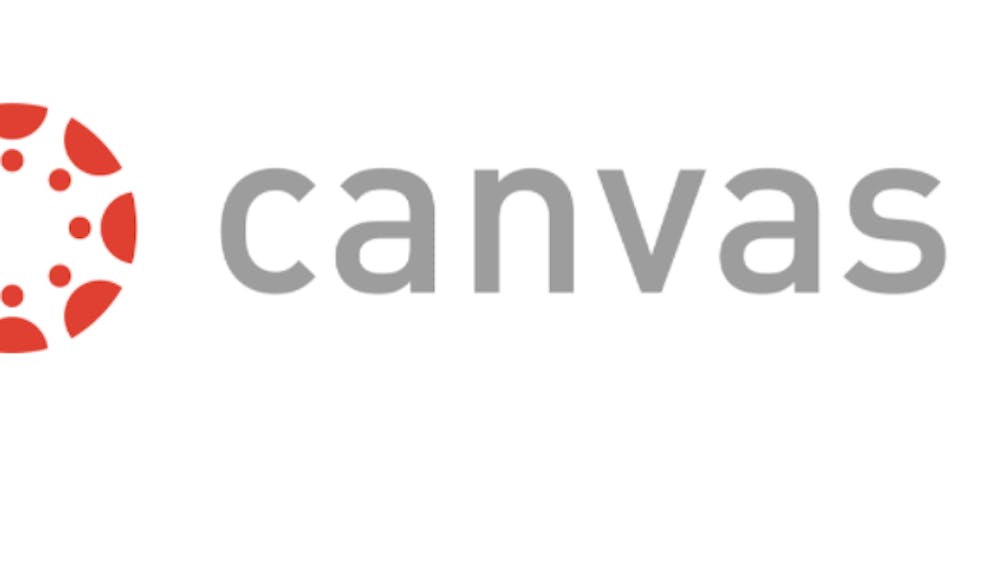Ball State could switch to the learning management system (LMS) Canvas by Spring 2018, said Staci Davis, executive director of learner experience.
Ball State has looked into switching from Blackboard to Canvas for two years to ensure the university has the best LMS, Davis said.
Canvas was launched in 2011 and currently has over 3,000 universities, school districts and institutions around the world using it, according to their website.
“A reason we are looking is that, as an institution, we want to stay on the forefront of technology and education,” Davis said. “We see that as our role — that we make sure we don’t get behind in the technology-driven educational world.”
Aidan Wilkinson, senior telecommunications major, has several classes that use both Canvas and Blackboard, though Wilkinson says he prefers Canvas.
“I think it is a lot more organized. It’s easier because of the dashboard when you go to your class it has literally everything there,” Wilkinson said. “I would suggest we definitely switch it might be a hard transition for teachers but it will be a lot better.”
To investigate Canvas, Ball State has run pilot testing for three consecutive semesters. A total of 117 faculty and 6,798 students have tested and provided feedback on Canvas, Davis said.
“In five years, we should look at another LMS and see if Canvas is still good or should we look elsewhere,” Davis said. “If at the end of the test program, Canvas isn’t the one we need, we will look at another product.”
Additionally, Ball State has put together several taskforces to evaluate Canvas including a student focus group, faculty focus group and task force of administrators.
“Ultimately, the decision comes down to upper administration — Provost, VP of IT, from report of all these forces,” Davis said. “All [task forces] will have individual decisions made in mid-spring and then will be forwarded to upper administration for the decision.”
The student focus group is led by instructional technologist Angela Nickoli. The group is called iLearn and is run by Student Government Association President Greg Carbó.
“We were asked by administration to create a taskforce of student representation to work on creating a questionnaire to see how the students feel about Canvas,” Carbó said. “Blackboard and Canvas are all huge parts of the university. We are saying which one would be best for students.”
The iLearn group consists of leaders from various campus organizations who participate in a simulated class to test Canvas.
Students that are a part of the Canvas pilot this semester can expect a survey from iLearn within the month.
“The SGA Task Force that is leading the review of the student experience in canvas will be reviewing the results of the survey in late November,” Nickoli said. “The survey was sent yesterday to all faculty participating in the Canvas pilot for them to email to their students and/or embed in their Canvas course.”
Canvas and Blackboard have some differences faculty and students should be aware of, said Joel Whitsel, director of instructional support.
“One difference that Blackboard and Canvas have is that Canvas updates without having to shut down the whole system,” Whitsel said.
He explained that Blackboard can be customized for each university, so updates for Blackboard must be tested in-house. On the other hand, Canvas has one system for all of its clients, so updates are quicker and more likely to be error free.
“We are trying to make sure everything we have is cloud based and very secure,” Whitesel said. “Canvas allows us to do that, unlike Blackboard.”
Blackboard, which has been a part of the university for 15 years, has physical storage capacities, Whitesel said.
“In the past the faculty have been positive about Blackboard, but not widely positive,” Whitesel said. “Those that use it more tend to like it more, but the casual users tend to like it less.”
While Blackboard provides in-depth work for faculty, Canvas is a growing LMS that is mobile friendly, Whitesel said.
“If I were summarizing, faculty are positive [about Canvas],” Whitesel said. “It is a lot more user-friendly.”
Contact Liz Rieth with comments at ejrieth@bsu.edu or on Twitter at @liz_rieth.





